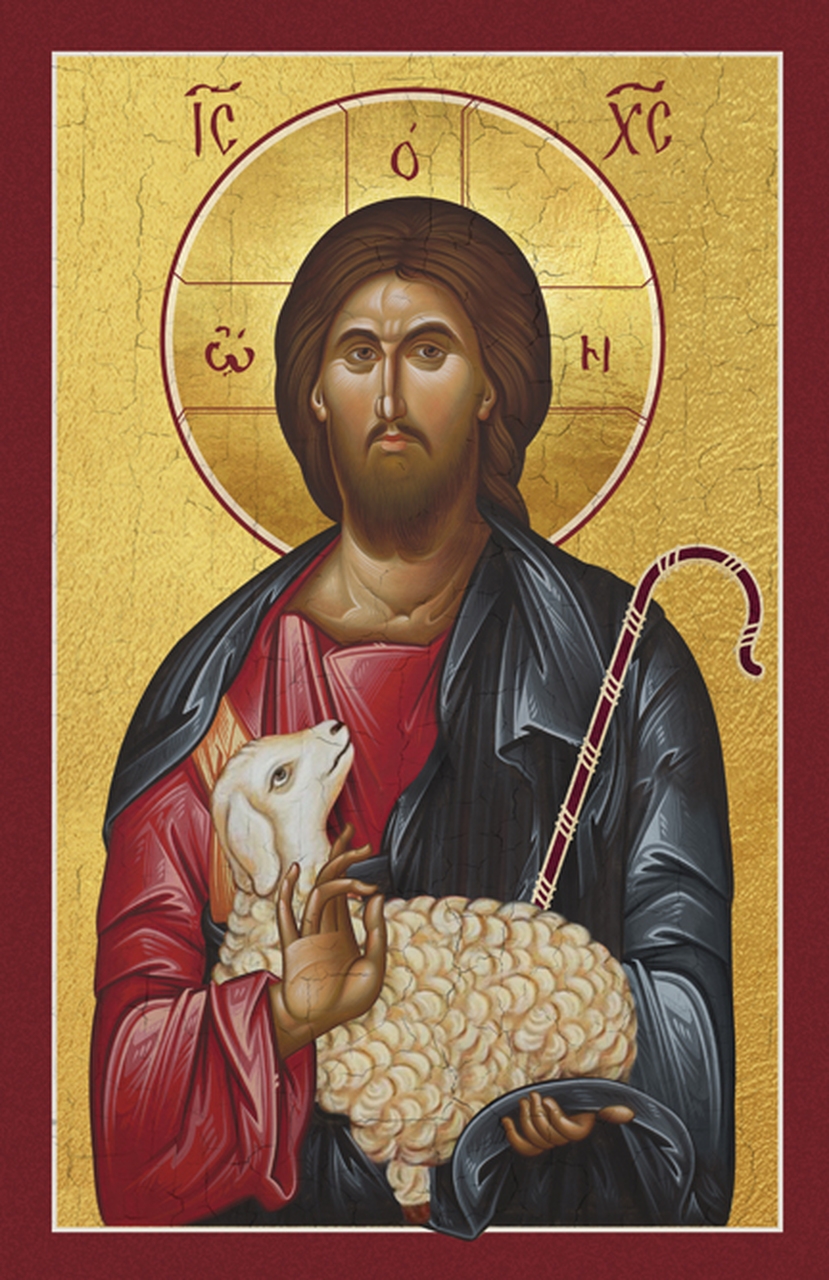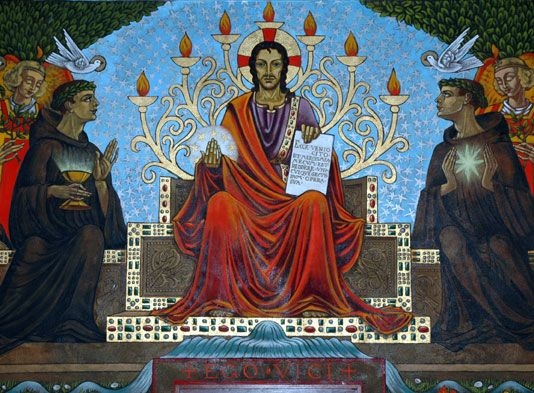These reflections are a result of more than 40 years of ministry as a Roman Catholic priest. Most of these years I spent in the Diocese of Charlotte which covers Western North Carolina. Now I am retired, and live in Medellín, Colombia where I continue to serve as a priest in the Archdiocese of Medellín.

And when the chief Shepherd is revealed, you will receive the unfading crown of glory. (1 Pt 5:1-4)
https://bible.usccb.org/bible/readings/022224.cfm
The wonderful part of being Catholic is we get to celebrate birthdays . . . not just of people and saints, but we also celebrate birthdays of churches and chairs! Today, of course, would have been my mom’s 97th birthday. Being a nurse, my mom taught me to care for others. It is because of her that I became a priest. I share with you one of my favorite pictures of my mom, NORMA TORP BOYD (1927-1996), taken before I was born, when she was a young nurse at City Hospital, Mobile, Alabama.

Responsorial Psalm (Psalm 51)
R. A heart contrite and humbled, O God, you will not spurn.
For you are not pleased with sacrifices; should I offer a burnt offering, you would not accept it.
My sacrifice, O God, is a contrite spirit; a heart contrite and humbled, O God, you will not spurn.
R. A heart contrite and humbled, O God, you will not spurn.
https://bible.usccb.org/bible/readings/022124.cfm
Psalm 51 is one of the seven penitential psalms (Psalms 6, 32, 38, 51, 102, 130, and 143). The penitential psalms proclaim that God is merciful and compassionate, slow to anger, and rich in kindness. As Psalm 51 joyfully proclaims, “a humbled, contrite heart, O God, you will not spurn.”

“If you forgive others their transgressions, your heavenly Father will forgive you. But if you do not forgive others, neither will your Father forgive your transgressions.” (Mt 6:7-15)
https://bible.usccb.org/bible/readings/022024.cfm
Forgiveness is the hardest lesson to learn—it will take us the rest of Lent to learn the depth of the forgiveness we’ve already received.

He will answer them, ‘Amen, I say to you, what you did not do for one of these least ones, you did not do for me.’ (Mt 25:31-46)
https://bible.usccb.org/bible/readings/021924.cfm
Who are these “least ones” we hear about in the Parable of the Last Judgment? Of course, they are the ones who are sitting on the throne with the Son of Man in his glory. Perhaps the point of the parable is a little bit more than simply being a “nice guy.” If the “least ones” are sitting on the throne, then we’re in a world turned upside down. That’s what happens when the Crucified One is the Risen Lord!

God said to Noah, “I set my bow in the clouds to serve as a sign of the covenant between me and the earth. When I bring clouds over the earth, and the bow appears in the clouds, I will recall the covenant I have made between me and you and all living beings, so that the waters shall never again become a flood to destroy all mortal beings." (Gen 9:8-15)
https://bible.usccb.org/bible/readings/021824.cfm
As a friend once said, “Sometimes a rainbow is just a rainbow.” But then at other times a rainbow can be so much more: a sign of hope, a place of safety, a promise of inclusion, a covenant of peace.



